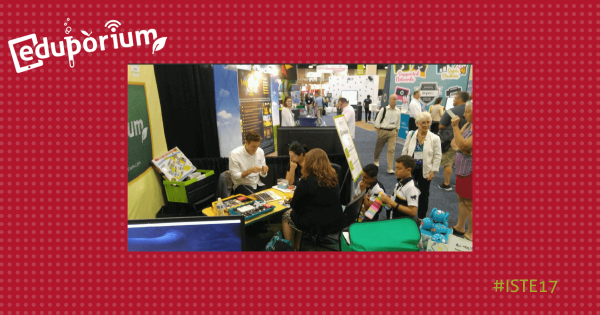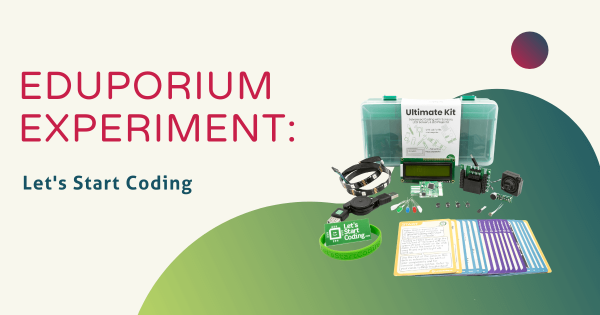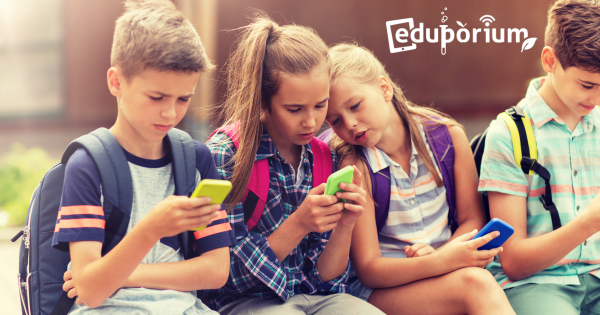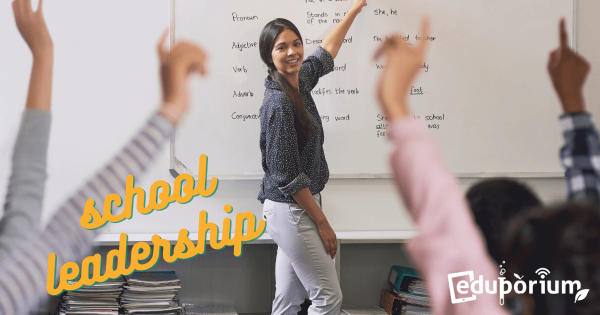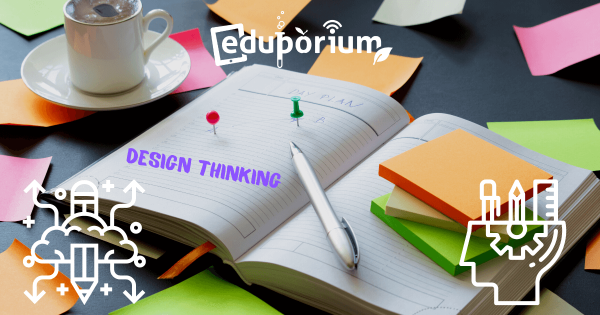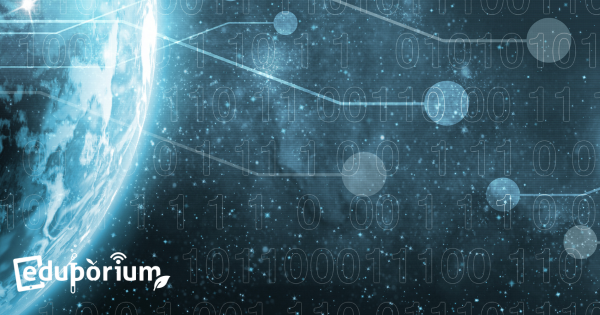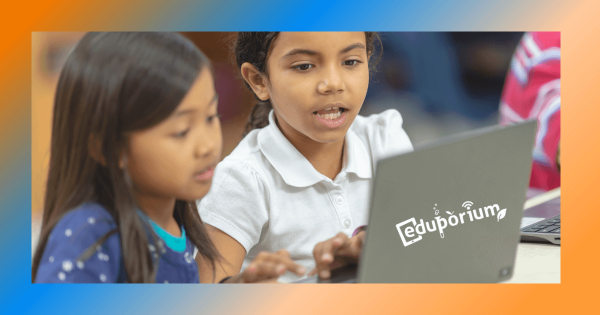It’s not every day we get to travel across the country. And, it’s certainly not every day that we get to take part in such an incredible event in an amazing city! That’s how we spent last week, though, exhibiting at our first ISTE conference and truly taking the Eduporium name and mission nationwide, which was an amazing experience.
21st Century
In 21st century education, learning is evolving at a rapid pace. Whether it's in the classroom, library, or a makerspace, students need unique experiences to ensure readiness. At the same time, 21st century learning encompasses so many new areas. Students must develop a lot of key hard skills to have the best shot at future success. But, they also need the right mix of soft skills as well. For the best experiences, teachers often strive for active learning that helps students engage their heads, hearts, and hands. Using a perfect combination of pedagogical skills and useful STEM tools, they can help facilitate creative, inquiry-based, and meaningful experiences to better prepare students for the future. Here, you can find various thoughts on creating interactive learning experiences to increase preparedness. Plus, learn about some of the technologies that help drive inclusion and real-world collaboration for kids.
Our team aims to enlighten educators on the potential that exists within 21st century learning. Whether that's learning about new technologies or how to lead impactful experiences for students, we've made it our mission to share key information. In our eyes, 21st century learning does not necessarily have a specific blueprint. As long as students feel empowered to explore, create, and learn from mistakes, that is valuable in our opinion. In this section, you'll find posts on everything from teaching strategies to specific STEAM solutions. Whether it's utilizing blended learning, focusing a bit more on MakerEd, or even navigating the potential uses of virtual reality in instruction, there's truly a lot educators can do when afforded the opportunity. Scroll on through to find content on some of the most important and relevant topics in today's evolving world of education.
-
Eduporium Makes Everything Easier—For ALL Educators
We know how challenging it can be to find classroom-friendly tech devices for today’s STEAM-first educators. By partnering with the EF’s that provide technology for teachers, schools, and students, we’ve helped eliminate the EdTech research process and help ensure that students are left using only the best and most affordable technology as they prep for the real world! -
Eduporium Experiment | Let's Start Coding Kits
Students are often required to use a computer and work with digital modules to get familiar with coding languages and syntax (i.e. code.org). While this is a great and invaluable tool for teaching coding, there is so much more that kids can do with code—especially when it comes to applying what they know to real-world scenarios! -
How Teacherpreneurs Can Teach Students Entrepreneurship Skills
The innovation in contemporary education is increasing every day. Schools are using more advanced technologies, like 3D printing, laser cutting tools, and maybe even drones to help impart those necessary skills for the future on their students. Among these key 21st century skills is entrepreneurship since the current gig economy is filled with new opportunities all the time. -
Guest Post: 6 Creative Ways To Use Smartphones In Class
In the past, we could rarely use our digital devices in the classroom. It was commonly believed that they distract students and also disturb a teacher’s work. Now more and more high school and university teachers allow using smartphones in class thus making the process of gaining new knowledge more interesting. How can we use smartphones during class or lectures? -
Eduporium Weekly | School Leadership in the 21st Century
Teachers get a lot of credit for molding Future Ready students, but it’s oftentimes the administrators who work tirelessly to provide teachers with whatever they need to help students excel. The right leadership approach, style, and team can go a long way in creating an innovative school and has an invaluable effect on preparing children for the future. -
Design Thinking as a New Kind of Pedagogy
In the 21st century, those who are most successful are always thinking at least one—sometimes two, three, or four steps ahead. Why? Because they have to. No longer can the most successful workers and students get by on basic skills. The times have changed and now essentially require them to have increasingly innovative skill sets just to survive. -
Eduporium Weekly | The Growing Importance Of Digital Literacy
For decades, literacy has been considered the absolute most fundamental skill any person could have. With the emergence of the automated era and the now complete commonality of technology tools, the necessary skill has changed from literacy to digital literacy. People need to know technology—how it works, what they can do with it, and how to maximize efficiency. -
Chromebooks are Key for the K-12 Classroom
Did you know we’ve partnered with some of the best computing brands, like HP, Lenovo, and Samsung to bring educators the best deals around for the current craze of Chromebooks? And, to top it all off, we also accept purchase orders and are willing to take as big of an order as you’d like! If you don’t know, now you -
Eduporium Weekly | The Roles Of School Tech Specialists
You have your teachers. You have your administrators. And, you have your aides. Now, there’s yet another profession that’s come to life in lots of 21st century schools and it’s becoming one that seems to soon be fully present across the board. We’re talking about EdTech specialists and instructional technologists, who help educators integrate tech tools more effectively.




